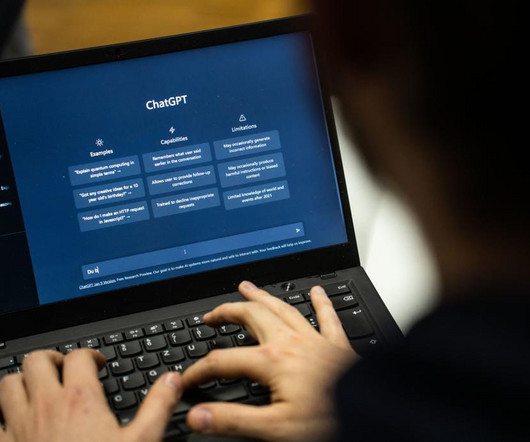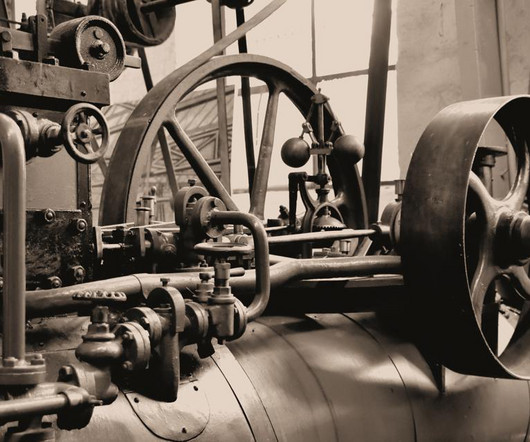Doomsday Predictions Around ChatGPT Are Counter-Productive
The Horizons Tracker
SEPTEMBER 4, 2023
Indeed, a recent report from CompTIA shows that last year, the technology industry witnessed a noteworthy surge in employment across all states. Such promising statistics attest to the continued expansion of the technology industry, positioning it as a vital contributor to the U.S. job market.












Let's personalize your content